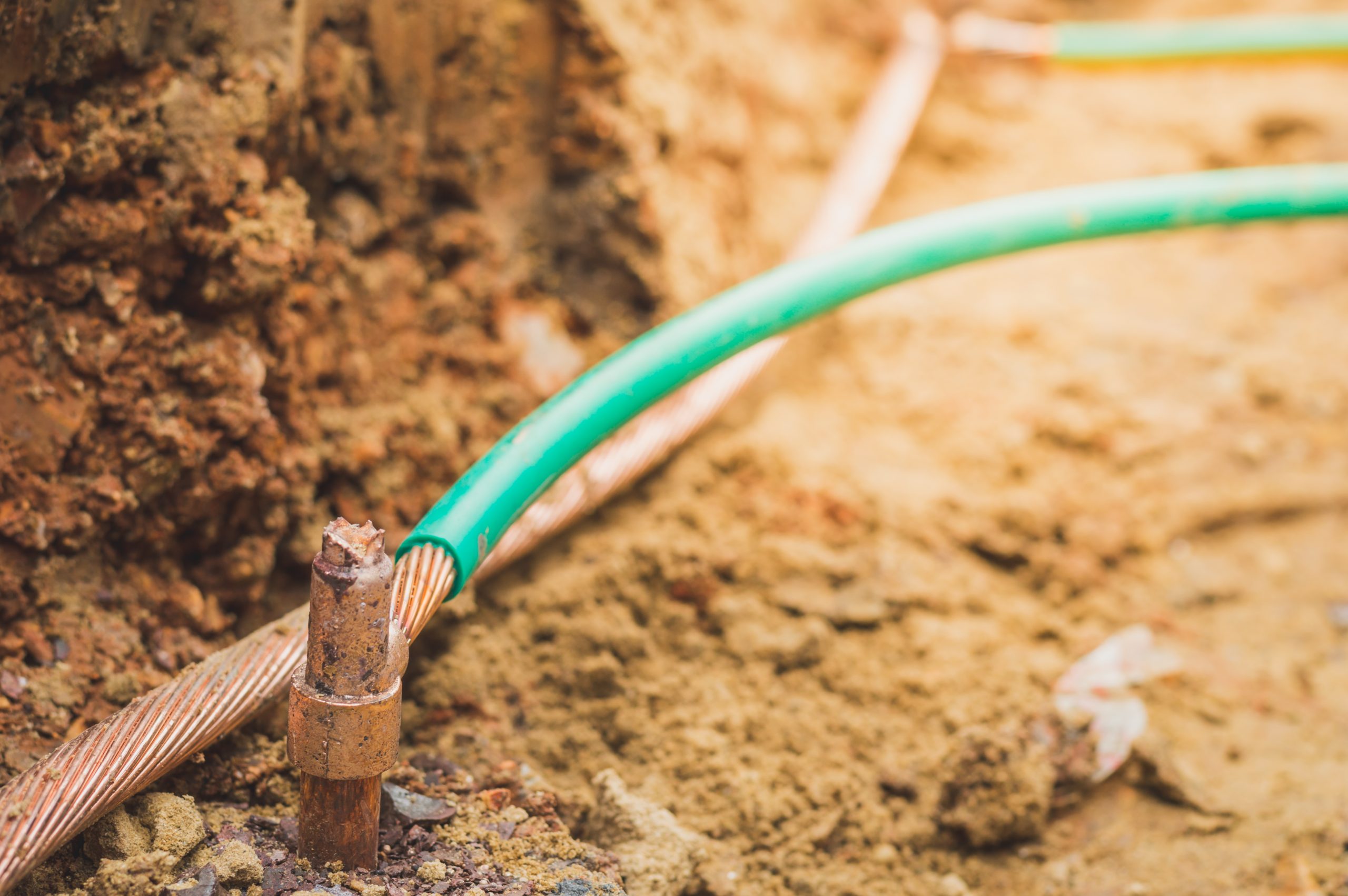Electricity is something most people rely on for their daily living. It powers homes, gadgets, appliances, and vehicles. Anytime the power goes out because of an electrical problem or a natural disaster, like when a storm destroys your home wiring system, those affected bear the brunt of the matter. Thus, it’s essential to know basic information about home wiring to help fix problems quickly and easily, so you don’t have to wait for a professional electrician to help you.
The Basics Of Home Wiring
Home wiring can be daunting and dangerous if you’ve never done it before. Yet by learning the basics early on, you can do more advanced projects in the future and avoid mistakes that would otherwise cost you money and time. If you’re thinking about doing your wiring or looking to brush up on your skills, check out these home wiring basics you should know:
1. Use The Proper Type Of Wire
The correct type of wire impacts your home’s electrical system significantly. A recommended contractor TPS cable is ideal for general power supply and distribution purposes at home. It consists of two or three insulated copper wires in one sheath. The outer sheath is made of polyvinyl chloride to protect the cables from moisture, insects, rodents, and fire.
TPS cables have two versions: flat or round. A flat version is commonly for interior wiring, and a round version is for exterior wiring because they are less susceptible to abrasion and other physical damage that might occur with rough handling. So, use the appropriate cable for rewiring to ensure safety and efficiency.
2. Grounding Is Key

Electrical grounding is key to a safe and functional home wiring system. When replacing outlets or repairing, ensure that the receptacle box has a proper ground wire inside. Likewise, replace outdated grounding wires with new ones to prevent future electrical problems.
If you’re wondering how the grounding protects you, wonder no more—it comes down to current flow. When plugged-in appliance malfunctions or an electrical failure occurs, some of the electricity will jump across an air gap, or it may travel to other conductors, which, when touched, may shock you. The ground wire acts as an extension of the circuit by providing a low-resistance path for the current to follow if there’s a short circuit or other electrical problem.
The most common type of grounding is using metal rods driven into the ground near your home. These rods make contact with moist soil, an excellent conductor for the electric current to travel safely back to Earth.
3. GFCI Outlets
Water is a good conductor of electricity. Yet sometimes, no matter how much you protect everything, the electricity can still get out and potentially harm someone if water comes in contact with an outlet or switch. If you can’t prevent water from coming into contact with an outlet or switch, ensure you have a ground fault circuit interrupter (GFCI) outlet installed in your home.
So, how do they work? A GFCI outlet senses any power fluctuation on its hot wire and immediately shuts off that circuit breaker, preventing anyone from getting shocked. These outlets are great for kitchens and bathrooms where water could cause a problem. It’s also crucial to note that not all outlets are GFCI-equipped. How do you tell which ones are GFCI-equipped? First, look at the reset button. If it has a test and reset button with a little red dot above it, it’s GFCI-equipped. The other way to know is by looking at the back of the outlet. Moreover, there should be a sticker on the back of the outlet that reads GFCI.
4. Safety First
Safety should be your priority when working with electricity, especially when you’re starting. Here are things to keep in mind when it comes to safety:
- Invest in quality tools that are properly insulated and rated for the job.
- Ensure you have a good understanding of how electrical circuits work before attempting any repairs or installations.
- Always follow the manufacturer’s instructions when installing or repairing any electrical equipment.
- Turn off the circuit’s power you’ll be working on before starting any work.
- Never work on wet surfaces.
- Wear rubber-soled shoes to insulate yourself from the ground in case of an accidental shock.
Final Words
If you’re planning any electrical work soon, it’s critical to know the wiring basics. Otherwise, you could end up causing severe property or physical damage. Always err on caution’s side and hire a professional if you’re unsure about anything. Understanding the home wiring basics discussed here should equip you with enough knowledge to handle wiring jobs in your home.